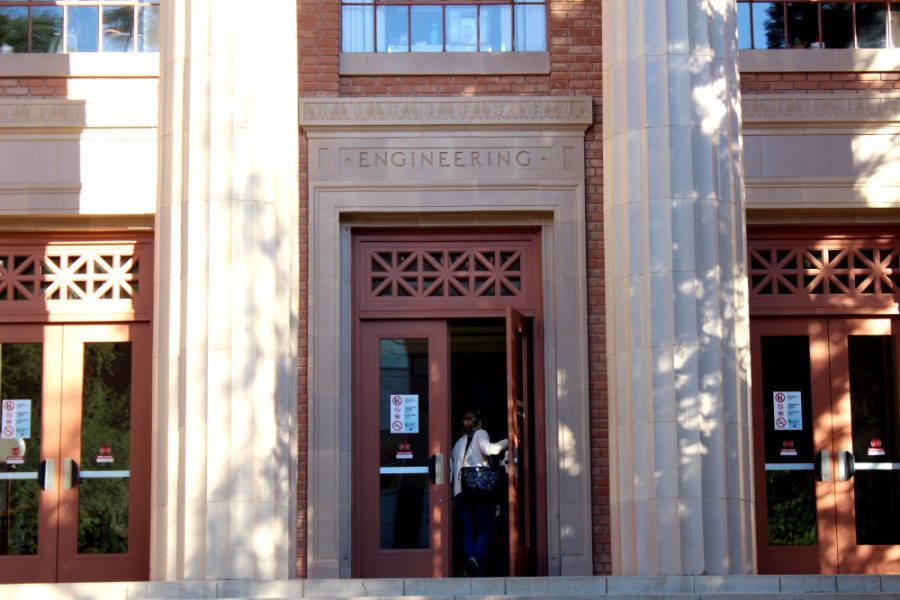Rep. Raul Grijalva, of Arizona, and Rep. Luis Gutiérrez, of Illinois, held a question and answer session on deferred action at 3:30 p.m. on Oct. 13 at the Young Women’s Christian Association.
The two congressmen updated locals on their current efforts for undocumented immigrants and what their next steps will be after the election and listened to the concerns of their constituents.
Currently, all undocumented students in Arizona who go to college have to pay out-of-state tuition because of Proposition 300, which prevents undocumented students from receiving state financial aid. Deferred action status doesn’t affect this provision.
Scholarships A-Z co-director and co-founder Matt Matera explained that most undocumented students end up going to community college since it is more affordable.
The whole audience applauded for the Undocumented Youth in Action group when it explained that Maricopa Community Colleges will allow undocumented students on deferred action to pay in-state tuition beginning in January. The loophole around Proposition 300 comes from the work permit and social security number that deferred action status provides, both of which are on the list of requirements for legal residency.
Grijalva agreed that Pima Community College should be the next on board and that once most of the community colleges offer in-state tuition for undocumented students on deferred action, the UA will follow. Grijalva said that he would help to make that happen.
Grijalva said his next step is to help undocumented workers to wrap up their GEDs more easily and to be able to take accelerated classes rather than working toward in-state tuition. He added that he wants to offer these courses and facilitate the process for obtaining a GED so that undocumented students can meet one of the qualifications for filing for deferred action.
“We see in our office, unfortunately, too many of the kids that come in lack that primary criteria,” he said.
Gutiérrez, who is also the chair of the Democratic Caucus’ Immigration Task Force, cleared up misconceptions at the meeting by explaining that if someone fills out the form for deferred action incorrectly, they do not get deported. Instead, the form is simply returned to them so they can fill it out again. The only way to get deported, he said, is to have a criminal background.
Grijalva clarified that people with disabilities are qualified for deferred action as well.
Gutiérrez added that a total of 180,000 DREAMers have applied for deferred action so far. Of those, 158,000 are scheduled for a security background check, get fingerprinted and have their photo taken. From there, 6,400 are working with adjudicators and 4,591 already have their work documents.
Gutiérrez also emphasized how much of a change has been made so far by giving examples from the Democratic National Convention, such as Julian Castro’s speech about deferred action and President Obama’s new commercial that is completely in Spanish.
“When the president of the United States stops calling you illegal and starts saying you are just like his kids,” Gutiérrez said, “that is a shift in the way things are seen.”








